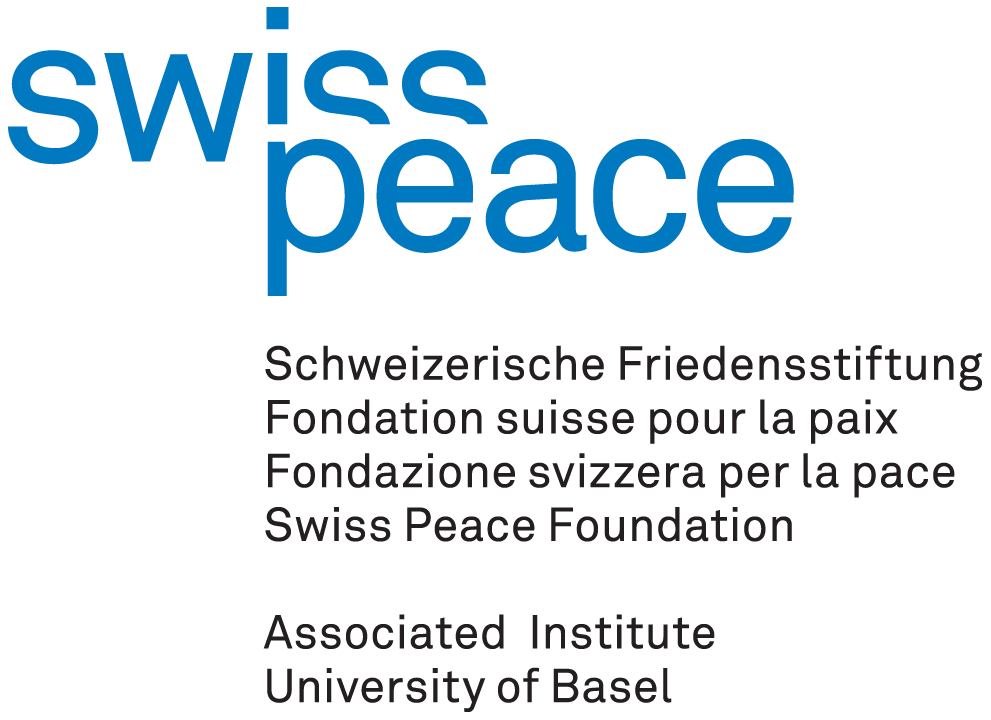A Conflict Sensitive Approach to Field Research – Doing Any Better?
This publication by swisspeace and the KFPE demonstrates, in eight contributions, how scientists view their research as dependent of national and international power structures. Research in conflict zones can point to ways and means to diffuse tension, if consciously undertaken. To achieve this objective, field research projects need to consider these specifics from the very outset.
The authors conclude that research is consequently never “neutral”: even the best methodological approaches would not increase the acceptance of research results, if the very specific power structures at play are not taken into account at the outset of the project. Field reports indicate that researchers not only put their own security at risk, but also that of their local counterparts and the wider involved local communities. This is all the more important as sensibly and consciously carried-out research may diffuse tension, particularly in societies marked by conflict and violence.
The authors request that not only scientists, but also donor agencies and universities, take the specific requirements for carrying out research in conflict areas seriously. This implies that scientists should not cling to rigid research plans. At the same time, too high expectations of research results ought to be avoided, and researchers should be provided with the essential political support required for their projects.
Edition / Bande : Swiss Academies Reports / 12 (5)
Pages : 40
Numéro standard : ISSN 2297-1564 /DOI:10.5281/zenodo.848501
Swiss Academies Reports
- Lighthouse Programmes in Sustainability Research and Innovation
- L'Arctique sous pression
- Système énergétique suisse 2050 (rapport de synthèse) : pistes pour assurer le « zéro émission nette » de CO2 et la sécurité de l’approvisionnement
- Swiss Energy System 2050: Pathways to Net Zero CO2 and Security of Supply
- Astronomy Roadmap
- Le rôle de la science dans la réponse politique suisse à la pandémie de Covid-19
- Diversité des insectes en Suisse
- The State of Science Communication in Switzerland
- Biology Roadmap
- Chemistry Roadmap
- Geosciences Roadmap
- Photon Science Roadmap
- CHIPP Roadmap
- Neutron Science Roadmap
- Livre blanc de la radiochimie en Suisse
- Priority Themes for Swiss Sustainability Research
- National significance of natural history collections in Switzerland
- A Conflict Sensitive Approach to Field Research – Doing Any Better?
- Recherche biologique, potentiel d’abus et biosûreté
- Coup de projecteur sur le climat suisse
- Utilization of genetic resources and associated traditional knowledge in academic research
- Agreement on Access and Benefit-sharing for Academic Research
- Mit Wissenschaft die Politik erreichen
- Baromètre de la relève MINT en Suisse
- Un avenir pour les voies de communication historiques du Saint-Gothard
- Nachhaltiger Umgang mit natürlichen Ressourcen
- L'eau en Suisse - un aperçu
- Kreislaufwirtschaft - Die Bewirtschaftung natürlicher Ressourcen
- Les plantes cultivées génétiquement modifiées et leur importance pour une agriculture durable en Suisse
- Lösungsansätze für die Schweiz im Konfliktfeld erneuerbare Energien und Raumnutzung
- Repenser l'énergie
Contacts
SCNAT
Commission pour le partenariat scientifique avec les pays en développement (KFPE)
Maison des Académies
Case postale
3001 Berneswisspeace
Kasernenhof 8
4058 Bâle



